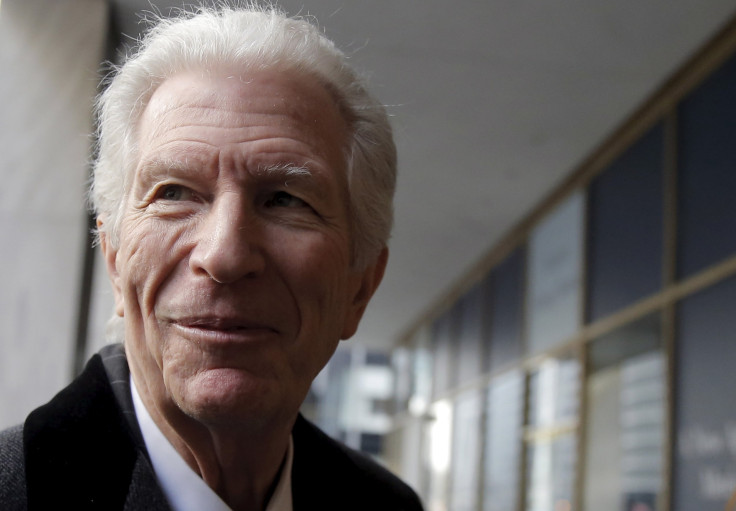Argentina Signs $4.65 Billion Deal In Principle With Main Holdout Creditors

Argentina has agreed to pay $4.65 billion to its remaining holdout creditors to settle a protracted legal battle over defaulted bonds.
The main holdouts, including Paul Singer’s Elliott Management Corp. hedge fund, signed an “agreement in principle” Sunday night to resolve the 15-year-old dispute, Daniel Pollack, the court-appointed mediator, told financial news outlets Monday. The deal requires Argentina policymakers to repeal two laws that bar the reopening of 2005 and 2010 debt restructurings.
The agreement could allow the South American country to return to the global financial markets for the first time in 15 years.
Under the agreement, Argentina would pay funds managed by Elliott Management, Aurelius Capital, Davidson Kempner and Bracebridge Capital a total of $4.65 billion to settle all claims worldwide, Reuters reported. The sum amounts to 75 percent of the firm’s full judgments, including principal and interest, plus legal fees.
“This is a giant step forward in this long-running litigation, but not the final step,” Pollack said, according to Bloomberg.
The legal battle dates back to 2001, when Argentina defaulted on billions of dollars in debt. Bondholders had two chances to exchange the defaulted bonds for new, cheaper ones, but several firms rejected the restructurings. Former President Cristina Fernandez de Kirchner refused to settle with hedge funds like Elliott Management’s NML Capital, which bought Argentine bonds for cheap after the country’s massive 2002 default, then held out for better terms during the debt restructuring.
The deal with the New York creditor reached its lowest point in 2014, after the Kirchner administration failed to make a $539 million interest payment on newer discounted bonds and defaulted again on its debt. As a result, Argentina was largely cut off from international markets.
In addition to the debt battle, Argentina's new center-right government, which took office in December, inherited a primary fiscal deficit of 5.8 percent of GDP in 2015, Argentine Finance Minister Alfonso Prat-Gay said.
"The primary fiscal deficit is at its highest in 30 years," he said. Kirchner's two terms were characterized by heavy government spending that aimed to boost the domestic economy.
President Mauricio Macri, who took office in December, inherited a primary fiscal deficit of 5.8 percent of gross domestic product in 2015, the highest level in 30 years, Prat-Gay told reporters in January.
Macri has made resolving the dispute with hedge funds part of his broader plan to reform the Argentine economy. The country this month offered to pay $6.5 billion to Montreux Partners and Dart Management, plus an additional $1.35 billion to Italian holdout investors who had held on to defaulted bonds.
Monday’s agreement may take about six weeks to finalize, and holdout funds have agreed not to interfere with Argentina’s moves to raise capital to pay for the settlements, Bloomberg reported. Argentina has now resolved about 85 percent of claims.
© Copyright IBTimes 2024. All rights reserved.





















